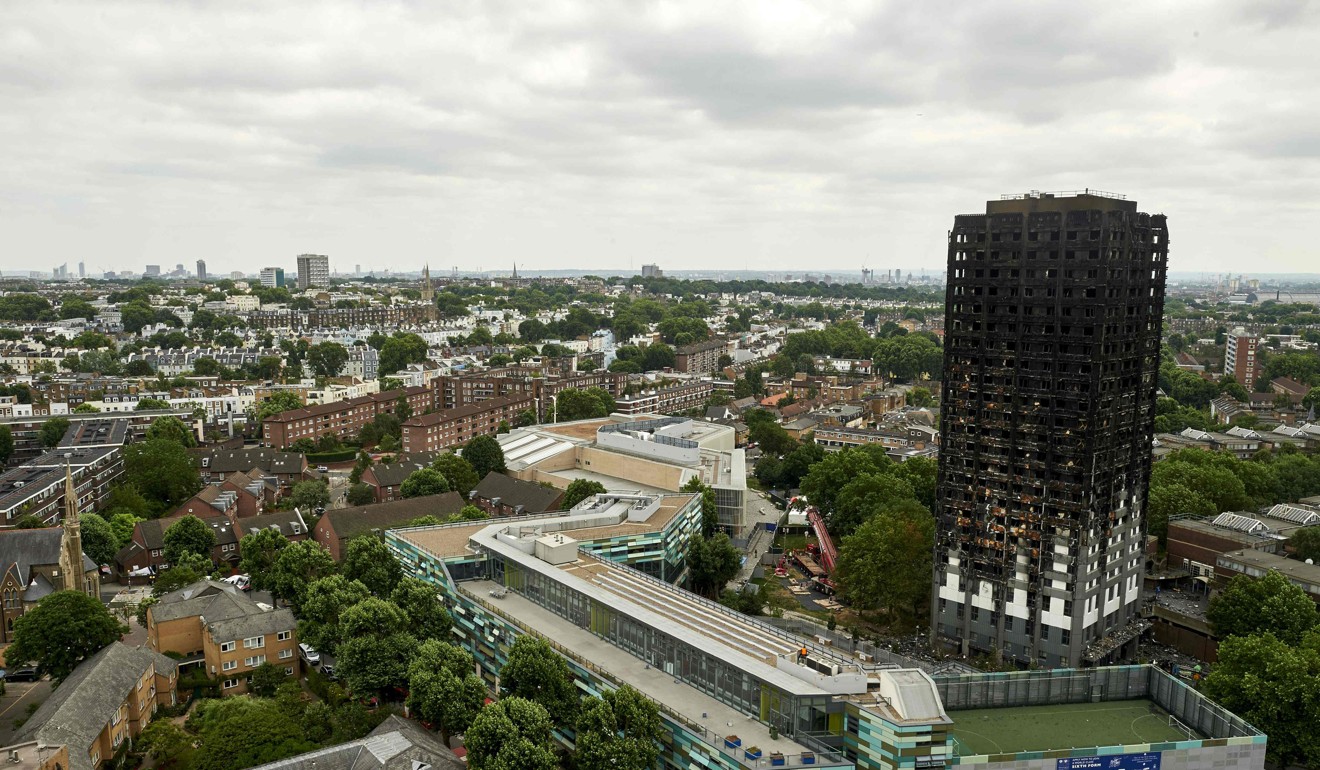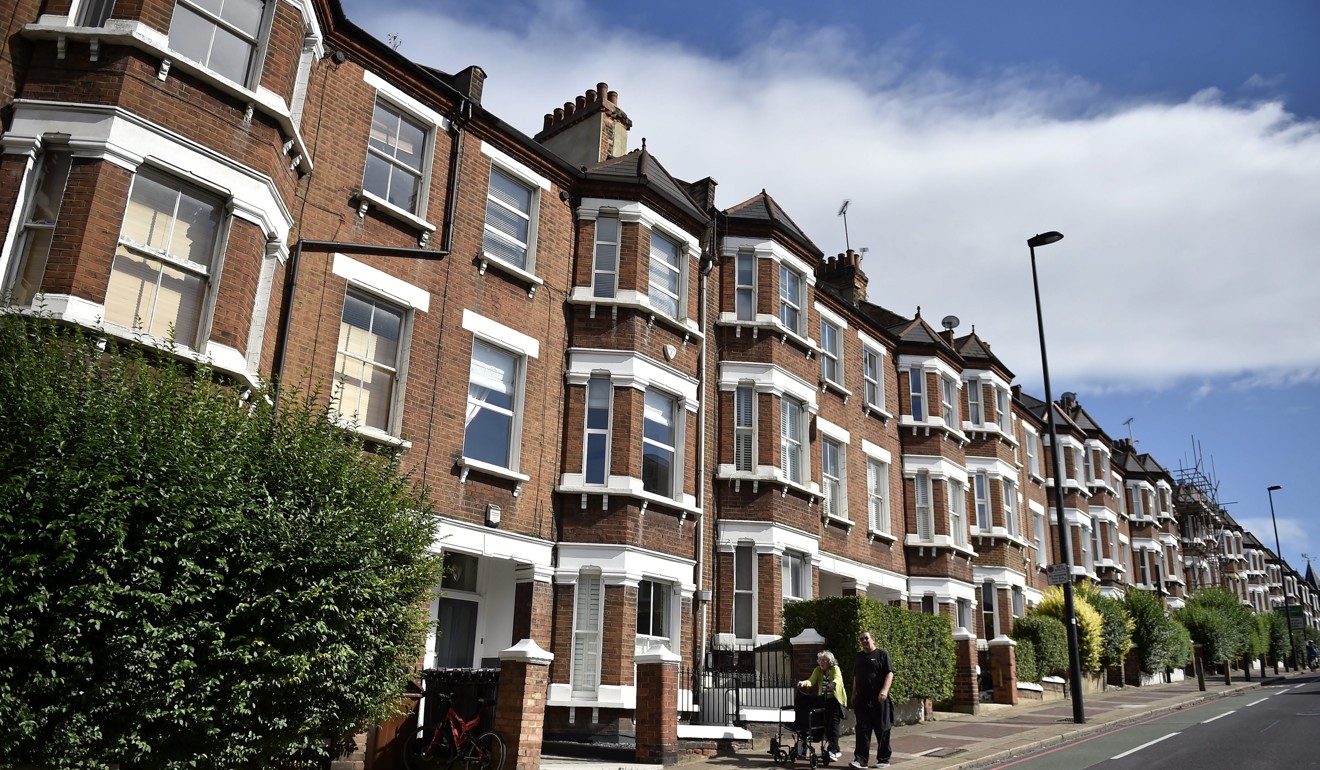
Is the UK housing market immune to political chaos?
After much wrangling, a torrid few weeks for Theresa May, and a controversial one billion pound sweetener to Northern Ireland, the Conservatives have struck a deal with the Democratic Unionist Party and remain in power.
While the UK General Election last month indeed delivered a remarkable result, throwing Brexit negotiations – which began on 19 June – into further confusion, for the UK housing market we can expect little to change.
The immediate future of the Housing White Paper is unclear. Gavin Barwell, widely considered to be an able housing minister, lost his seat in the election, but has now re-emerged as Theresa May’s Chief of Staff. A former housing minister with the Prime Minister’s ear on a daily basis will be worth watching closely. New housing minister Alok Sharma meanwhile will have his work cut out following the tragic Grenfell tower block fire.
In a bid to shore up support within the Conservative Party, Theresa May has already changed several key election manifesto pledges. One thing that does remain is the need for more housing to be built as the shortfall continues to grow. Public private partnerships in construction, as well as measures to help young people get on the property ladder will be crucial to policy moving forward.

The surge in support for Labour will no doubt leave many Tories scratching their heads as to how to recoup these losses. As a result, government policy may move away from austerity and towards fiscal expansion, good news for investors.
In the Labour heartlands of the north of England, the “Northern Powerhouse” scheme is likely to be further reinforced, along with greater devolution of power, in a bid to gain favour with the local electorates. Both Greater Manchester and Liverpool recently elected their first (Labour) Mayors who are already galvanizing industry and attracting investment to these cities. Manchester, for example, is now seeing faster growth than London.
One thing that does remain is the need for more housing to be built as the shortfall continues to grow
Signs indicate that the pound, which remains near historic-low against the US dollar, will continue to be undervalued and volatile, creating further buying opportunities for Hong Kong-based investors.
In the longer term, the UK government has lost its majority, meaning that Theresa May’s hopes for a “hard Brexit” are unlikely to materialise. A “softer Brexit”, with potentially fewer restrictions on freedom of movement within the EU and greater financial coordination, is widely seen as good for business and will be seen as a welcome sign for foreigners looking to invest in UK property.
That said, recent reports suggest that business leaders in the UK have been told that Mrs May walking away from a bad deal remains a possibility, with much contention around the so called 100 billion euro “divorce payment”.

Uncertainty in the wake of this election result will only serve to increase this pessimism in the short term. However a weak pound, continued low financing costs, and the promise of fiscal loosening and the prospect of a less punitive break with Europe could all serve, surprisingly, to create opportunities in the short and long term in the British property market.
Meanwhile fundamentals remain intact for the wider market – an endemic shortfall of housing supply and growing investment in regional cities will continue to drive the market whoever resides in Downing Street.
Jonathan Gordon is a director at IP Global

